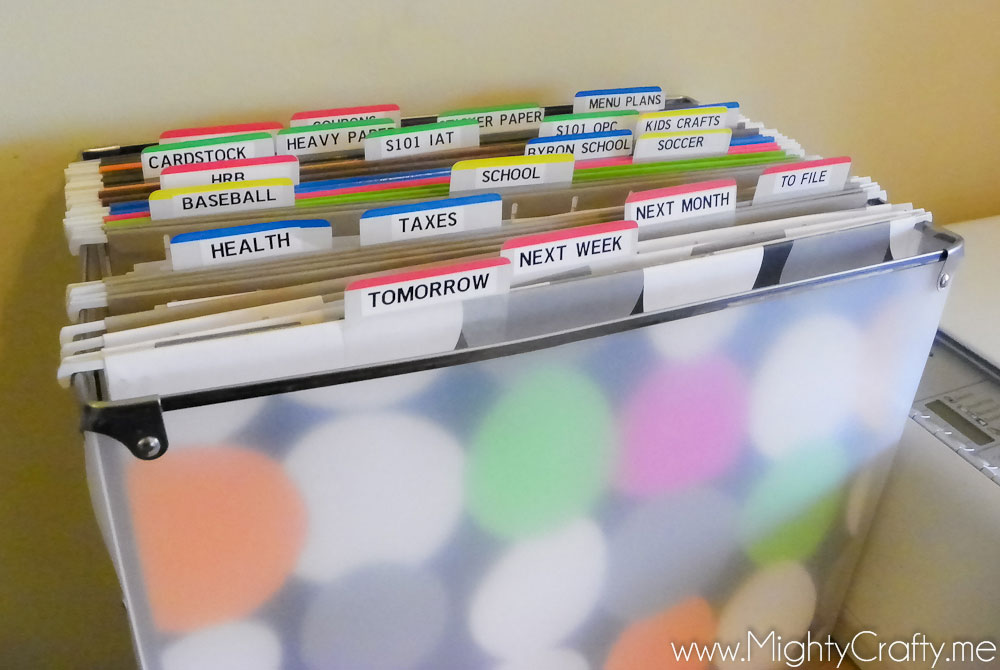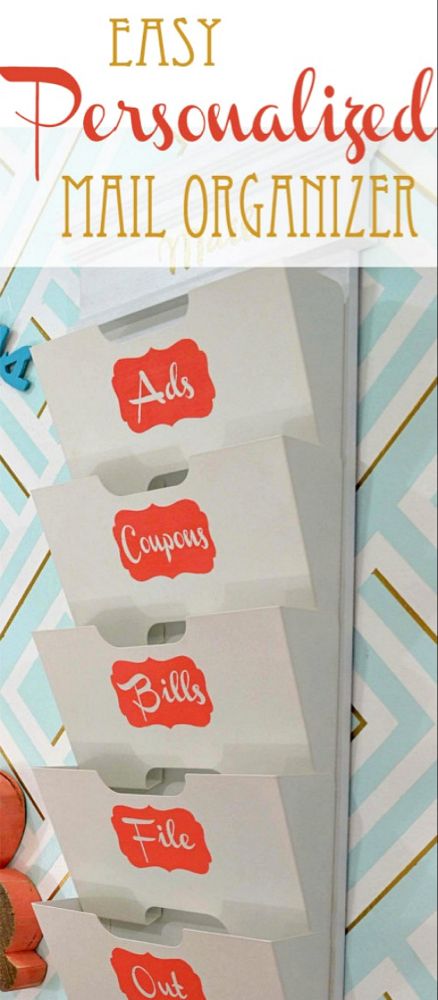Organize Your Personal Paperwork Efficiently with These Tips

Managing personal paperwork can seem overwhelming, but with the right strategies, you can transform this daunting task into a manageable, even enjoyable, organizational project. Whether you're sorting through years of accumulated documents or just starting to keep your paperwork in check, this guide will provide practical advice on how to efficiently organize your personal documents. From sorting through your physical papers to digitizing important records, these tips will streamline your paperwork management, ensuring everything is accessible and secure.
Understanding Your Document Types

First, let's categorize your paperwork:
- Legal Documents: Birth certificates, marriage licenses, wills, passports.
- Financial Records: Bank statements, tax returns, bills, investment records.
- Medical Records: Vaccination records, health insurance policies, prescriptions.
- Household Documents: Insurance policies, property deeds, maintenance records.
- Personal Correspondence: Letters, emails, important notes.
Setting Up Your Organization System

Creating an effective organization system starts with a few basic steps:
Declutter

Begin by discarding anything that you no longer need or that's redundant. Here's how to declutter:
- Shred outdated financial documents, keeping in mind that you might need to retain tax records for up to 7 years.
- Recycle or securely dispose of junk mail and promotional material.
- Store or scan sentimental documents for digital preservation.
Sort and Label

Sort your papers into the categories mentioned above:
- Use color-coded folders or binders for quick visual identification.
- Label each folder clearly with its contents, e.g., "2023 Tax Documents."
Create a Filing System

Choose a filing system that suits your space and needs:
| System | Best for |
|---|---|
| Hanging File Folders | Desks or cabinets |
| Accordion Files | Portable and temporary storage |
| Binders | Long-term storage with inserts |

Digitizing Your Documents

To enhance security and ease of access:
- Invest in a good scanner or use a high-quality scanning app on your phone.
- Organize digital files using folders on your computer or cloud storage.
- Ensure digital copies are secure with password protection and backups.
Strategies for Maintenance

Regular Review

Set a regular interval to review your paperwork:
- Monthly or quarterly reviews can prevent clutter buildup.
- Annual review for legal and tax documents to ensure you’re keeping what’s necessary.
Automate When Possible

Use automation to simplify:
- Sign up for paperless billing and statements.
- Set reminders for when important documents need to be renewed or updated.
📌 Note: Remember to shred sensitive documents rather than just throwing them away to protect your personal information.
Paperless Options and Alternatives

Consider these alternatives to reduce physical clutter:
- Use electronic signature services like DocuSign for important documents.
- Cloud storage solutions like Google Drive or Dropbox for backups and easy access.
Organizing your personal paperwork efficiently not only saves time but also reduces stress and potential headaches. By categorizing documents, setting up a clear filing system, digitizing important papers, and maintaining a regular review schedule, you can keep your life in order and ensure that critical information is always at your fingertips. Additionally, adopting paperless options where possible can further streamline your organization process, making life easier in the long run.
How often should I review my paperwork?

+
Set a schedule for regular reviews, such as monthly for bills and expenses, quarterly for insurance and subscriptions, and annually for tax documents and legal paperwork. This helps in maintaining order and relevance.
Is it safe to store all my documents digitally?

+
Yes, provided you use secure cloud storage solutions with strong encryption and regularly update your passwords. Remember to keep physical copies of the most critical documents like birth certificates or wills as backups.
How long should I keep financial records?

+
Keep tax-related documents for at least 7 years, as per IRS guidelines. Monthly bills and statements can generally be discarded after a year unless they relate to a major purchase or warranty.


